Is decaf coffee safe during pregnancy and breastfeeding?
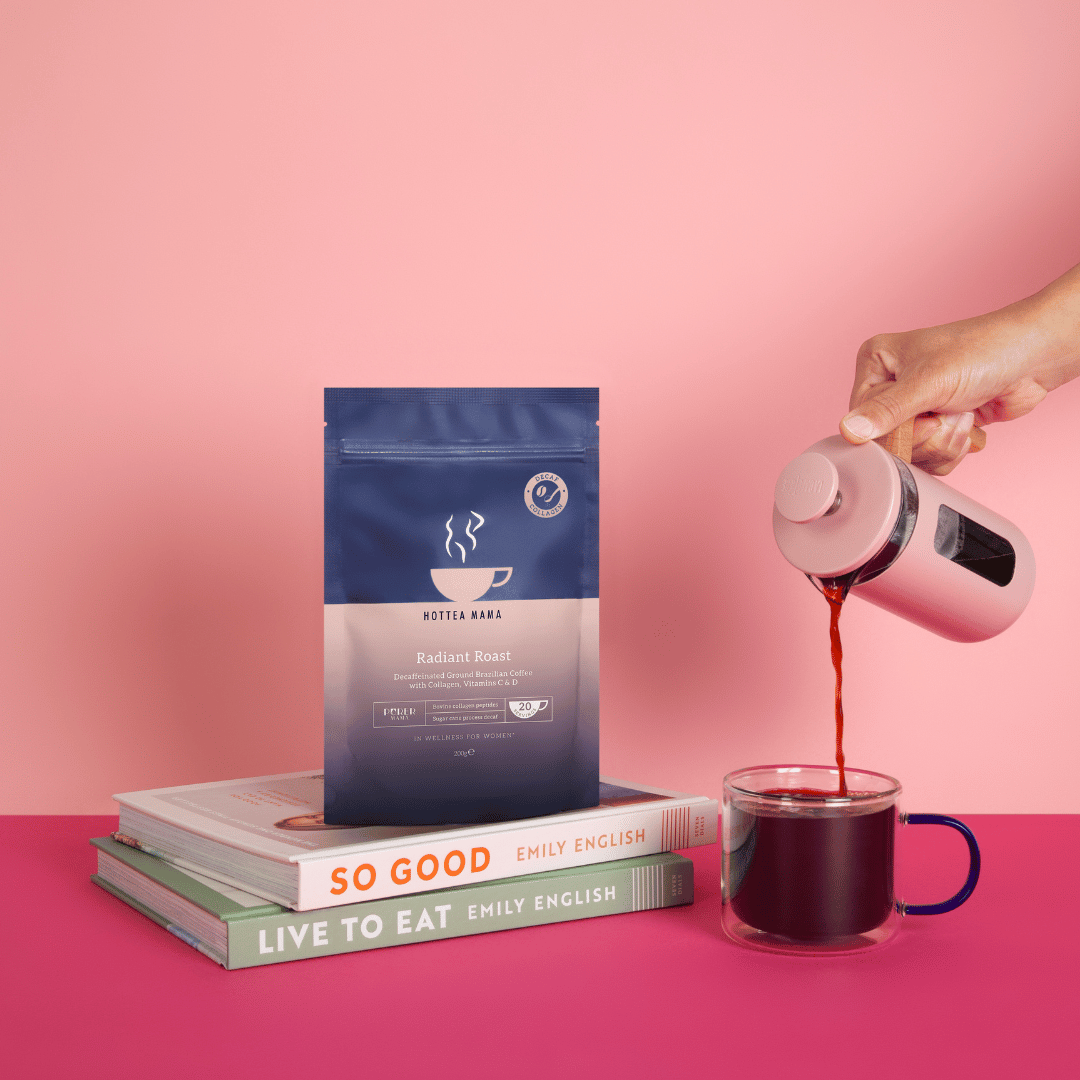
Short answer: yes—decaf coffee is considered safe for most people during pregnancy and while breastfeeding, as long as your total daily caffeine stays within recommended limits.
Caffeine, pregnancy and breastfeeding guidelines
-
Pregnancy: The NHS recommend recommend drinking a maximum of 200mg caffeine per day during pregnancy. Decaf coffee typically contains about 2–15 mg of caffeine per 200-300ml cup (the exact amount varies by brand and brew), so it’s a great way to enjoy the ritual and flavour of coffee with only a fraction of the caffeine.
-
Breastfeeding: Caffeine passes into breast milk in small amounts. Most guidance considers up to 300 mg of caffeine per day compatible with breastfeeding; higher intakes can make some babies a bit wakeful or fussy. Decaf helps you stay comfortably under that threshold. If you notice baby is unusually unsettled, try reducing overall caffeine and see if it helps.
Sleep, fatigue, and your cuppa
-
Pregnancy & sleep: Many pregnant people struggle with disrupted sleep. Moving your caffeine intake to the morning, and not the afternoon and evening may help improve sleep quality. Staying under the 200mg guideline is also a big win and swapping to decaf in the afternoon makes this easier to achieve.
-
Early postpartum fatigue: Around-the-clock feeds with a newborn can make you reach for all the coffee. Decaf lets you keep the comforting ritual and flavour, while helping you avoid exceeding 300mg caffeine/day when breastfeeding. If baby seems extra wakeful, try nudging your total caffeine down—decaf is your friend here.
Is decaf completely caffeine free?
The best rule of thumb, is to think of decaf as 90–97% less caffeine than regular coffee, so one or two cups of decaf will only contribute to a tiny fraction of your daily allowance.
Whilst caffeine in decaf varies with beans, method, and brew strength, a typical decaf falls within the below ranges:
| Drink | Approx. caffeine 250ml cup |
|---|---|
| Regular coffee | 70–140 mg |
| Decaf coffee | 2–15 mg |
(Expect a bit more if your “cup” is much larger, or if you’re brewing espresso-style shots.)
Can decaf affect milk supply when breastfeeding?
There’s no strong evidence that typical amounts of caffeine (or decaf) reduce milk supply. Very high caffeine intakes may make some infants fussy or wakeful. Monitor how you and baby feel after drinking coffee around feeds. But replacing your second coffee with decaf could help this, if it's an issue.
Radiant Roast: decaf designed specifically for pregnancy & breastfeeding with added collagen, vitamin C and vitamin D
We know it's hard to know if decaf is safe in pregnancy and breastfeeding, and even if it is, it's hard to find a delicious one. Radiant Roast is a specially designed functional blend of decaffeinated coffee, collagen, vitamin C and vitamin D to be a safe, satisfying choice for mums and mums to be.
-
Gentle by design: We've selected a sugar cane process decaf, which helps preserve it's flavour and nutrient profile. Roasted to a chocolatey, rich flavour, you won't feel like you're drinking a normal decaf - it's a definite upgrade.
-
Collagen boost: Added to the decaf coffee, we've put a special blend of hydrolysed bovine collagen peptides, vitamin C and vitamin D, designed by Purer Mama - one of the UK's leading obstetricians. Safe for pregnancy and breastfeeding, it can support your hair, skin and pelvic floor.
-
Anytime comfort: Enjoy in the afternoon or evening with less worry about sleep disruption (especially helpful in the third trimester and during night feeds).

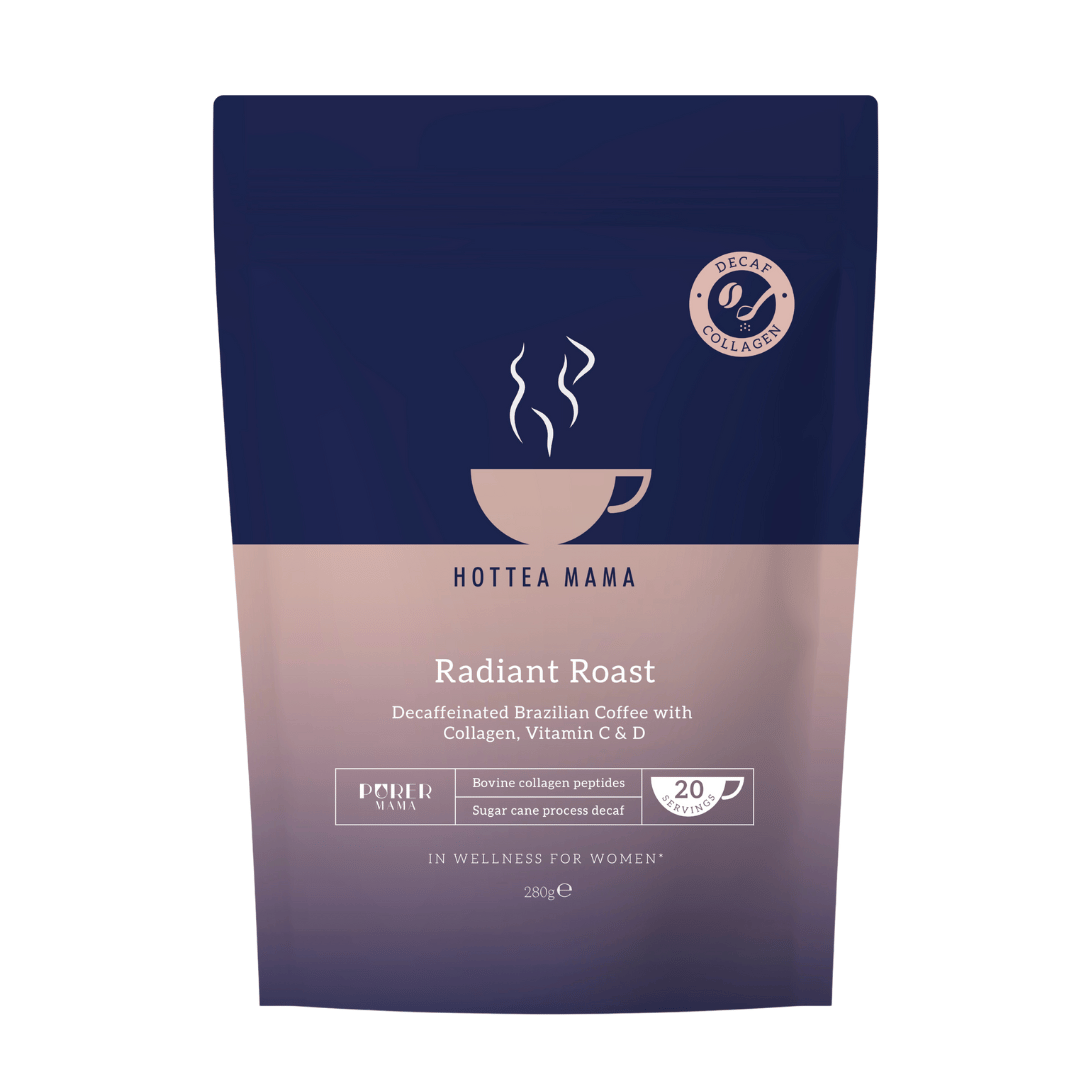
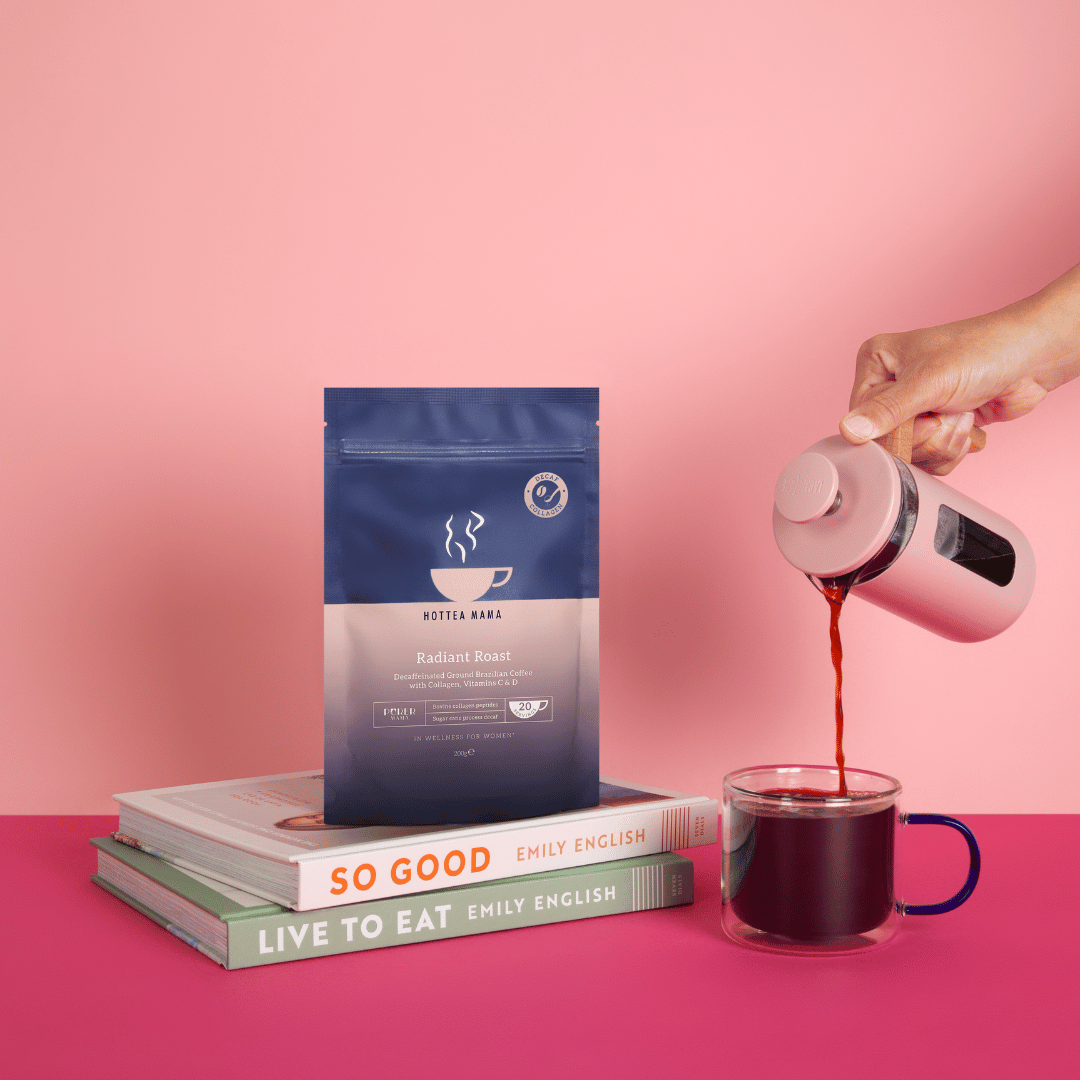
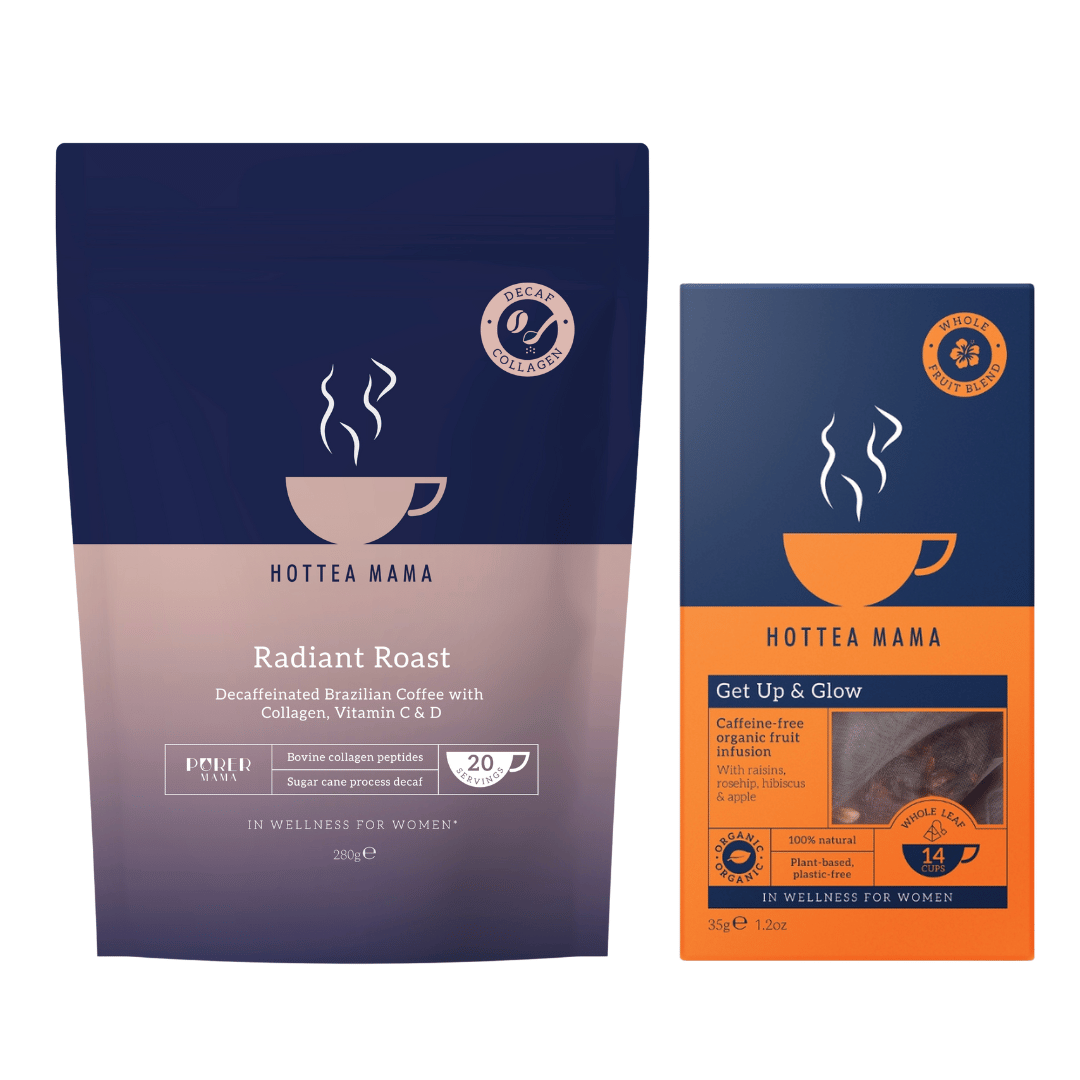
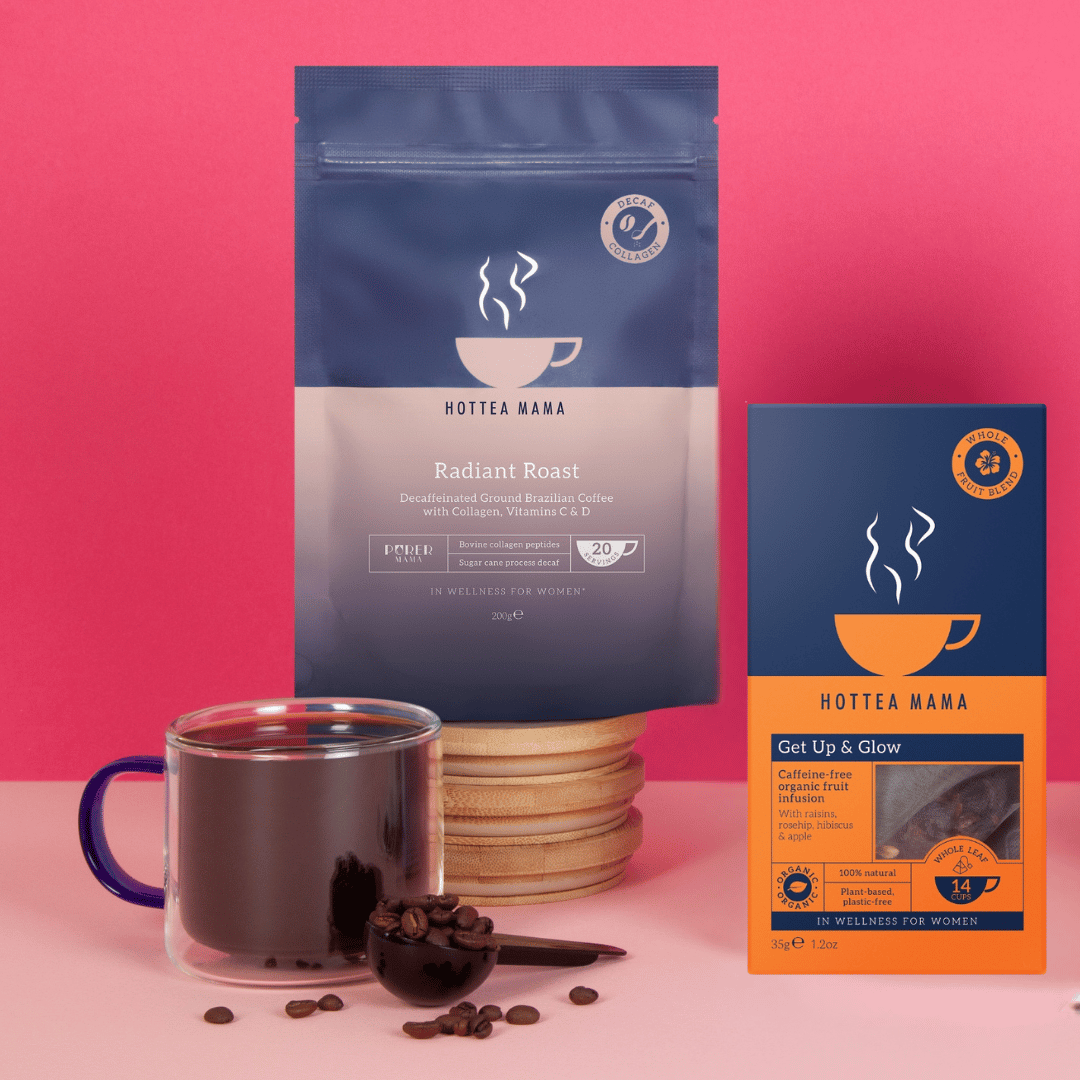
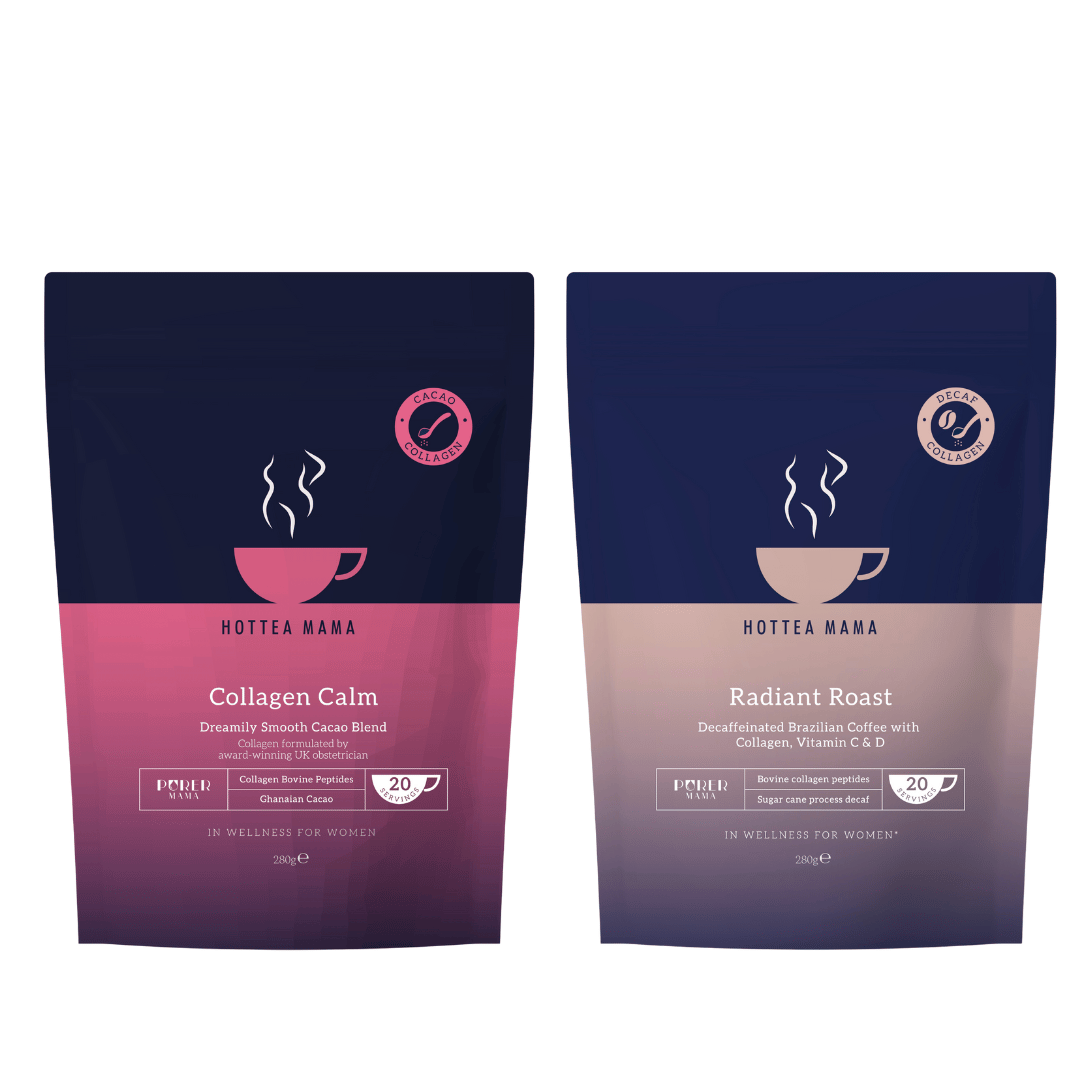
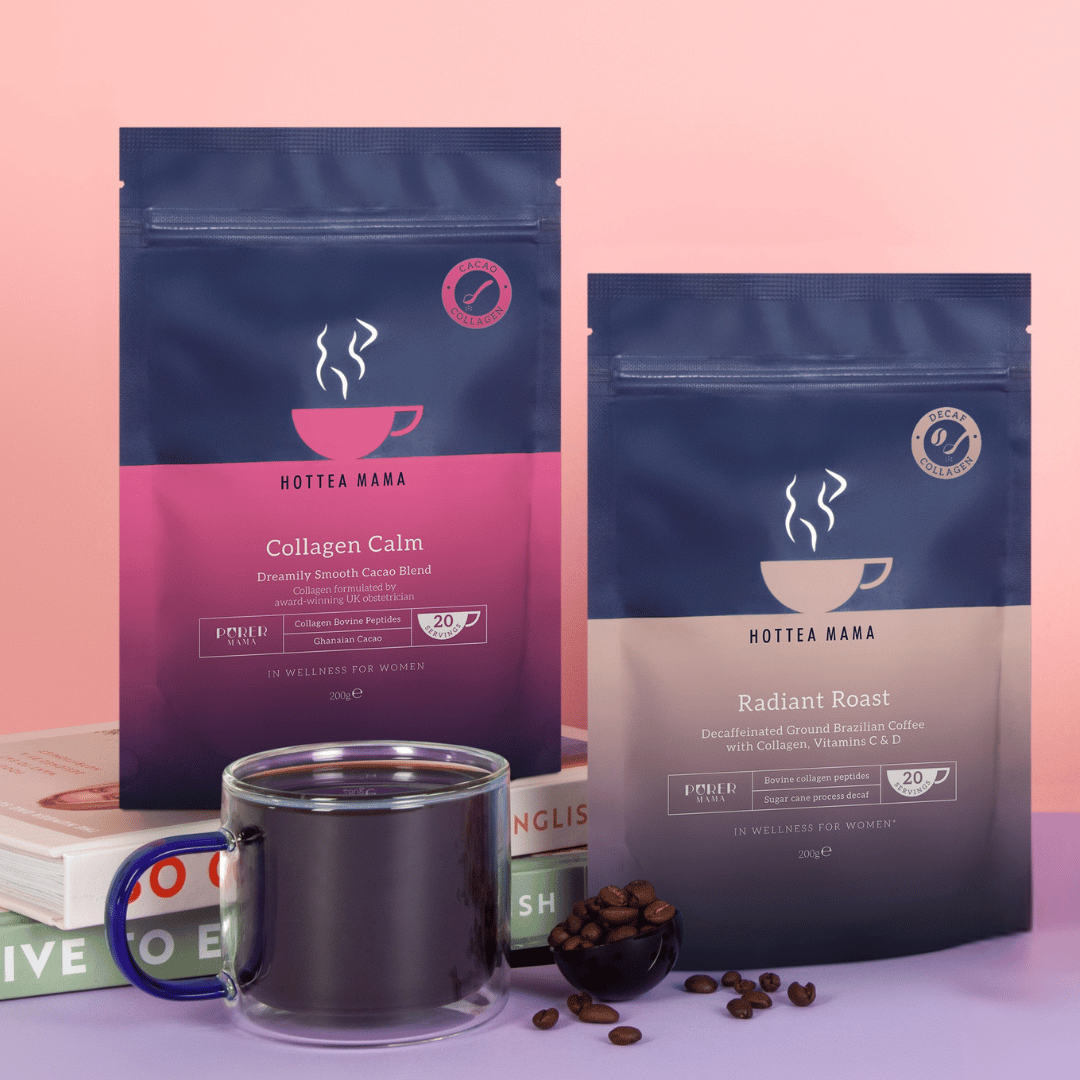
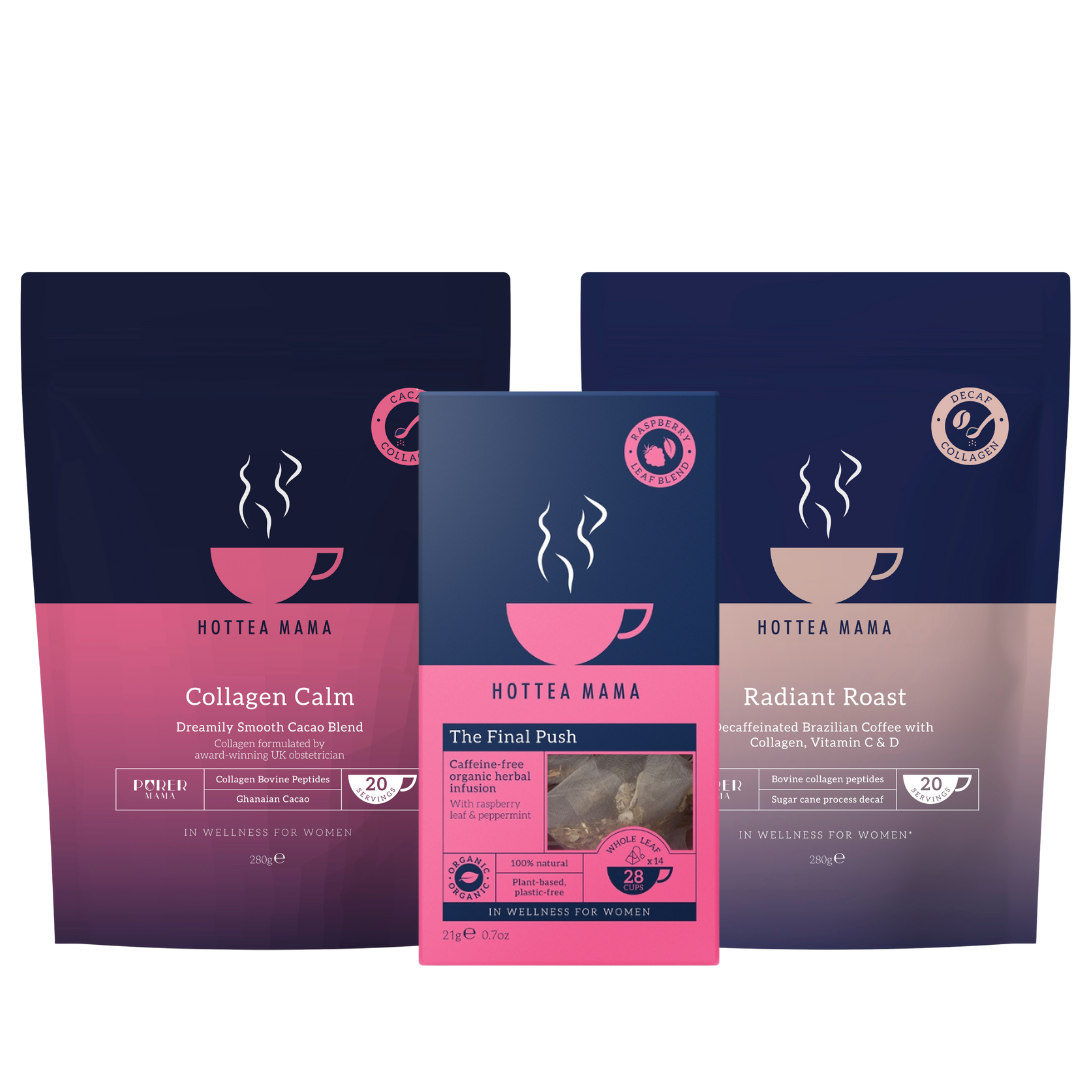
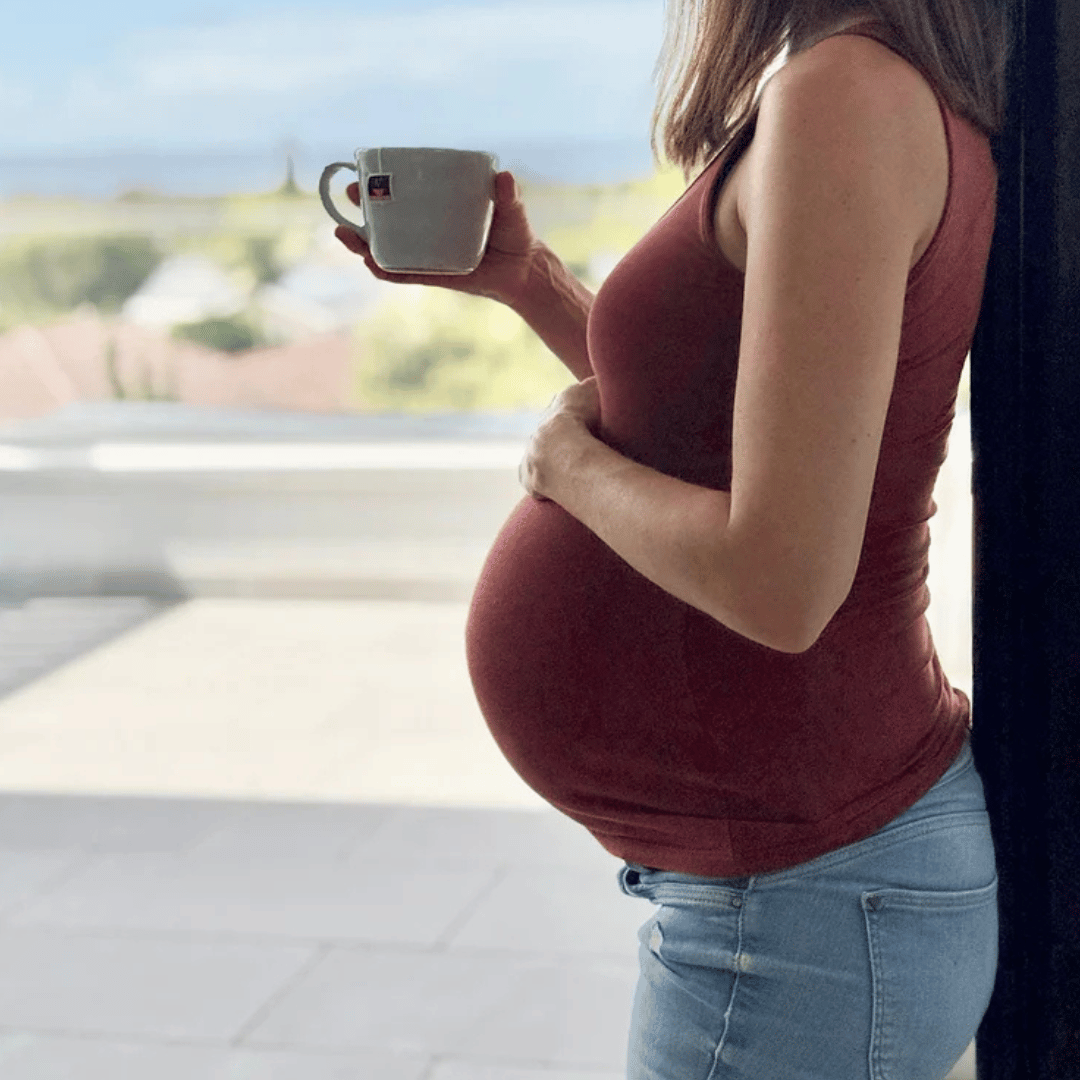
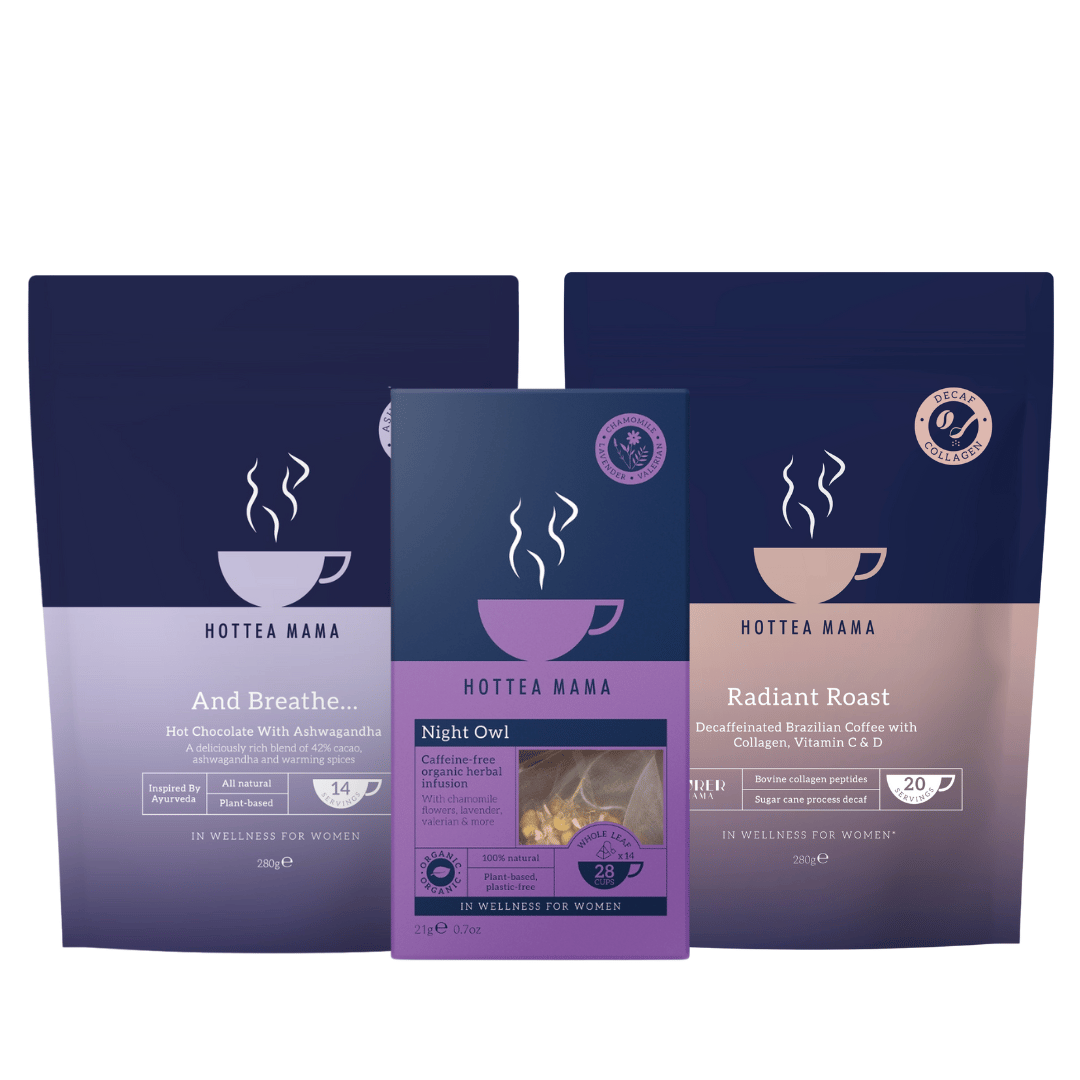
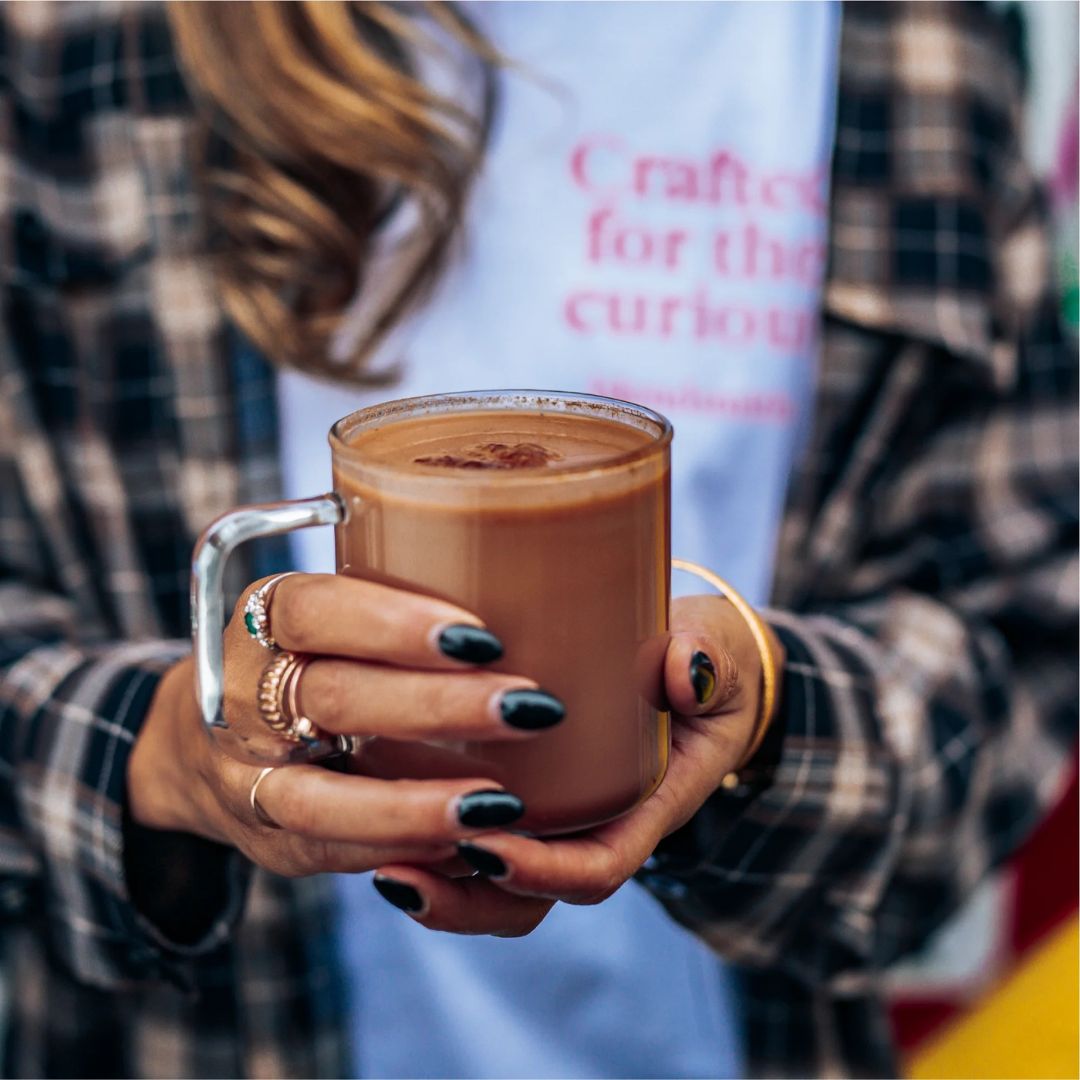
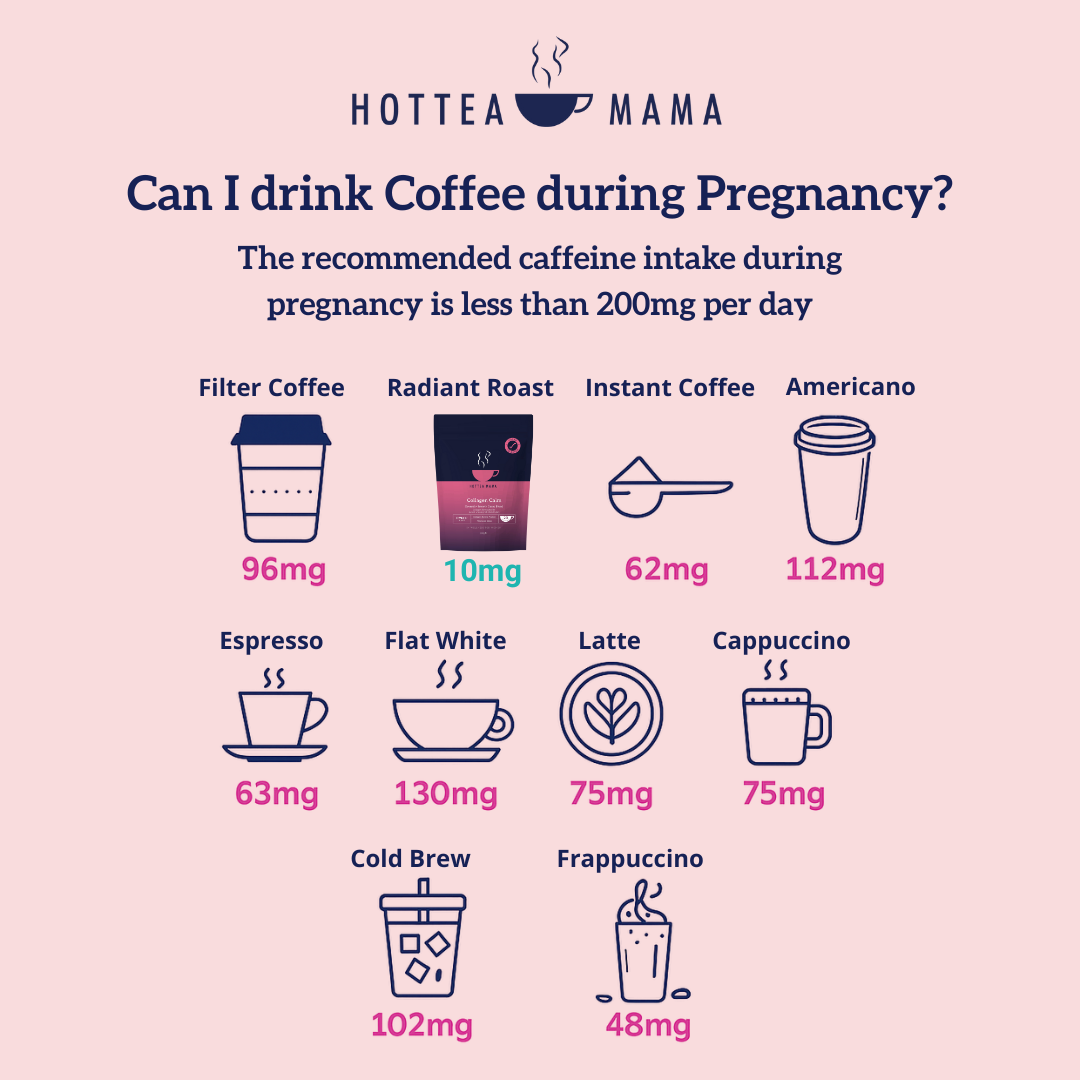

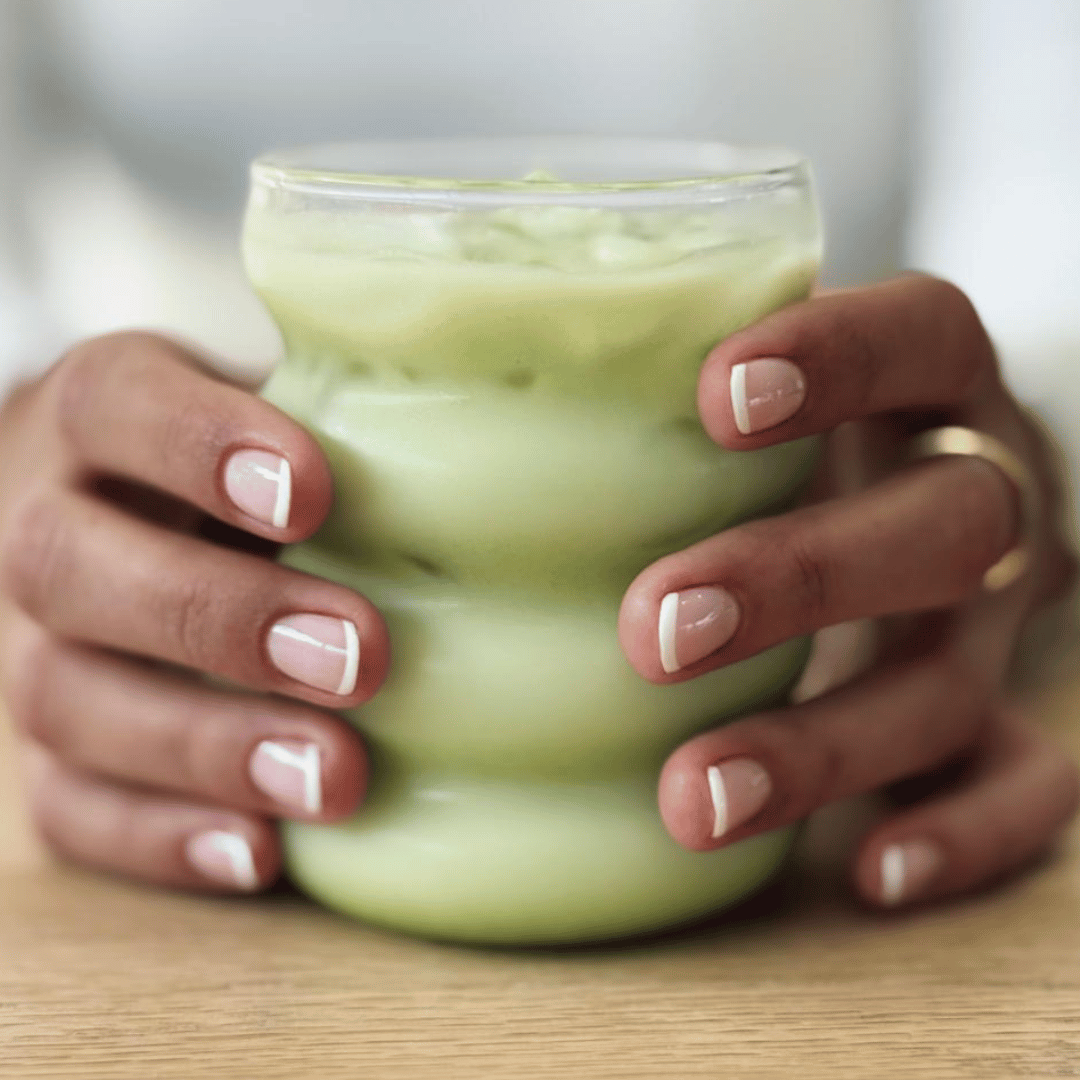
Comments